Autism: Maidenhead woman says girls mask signs more than boys
- Published
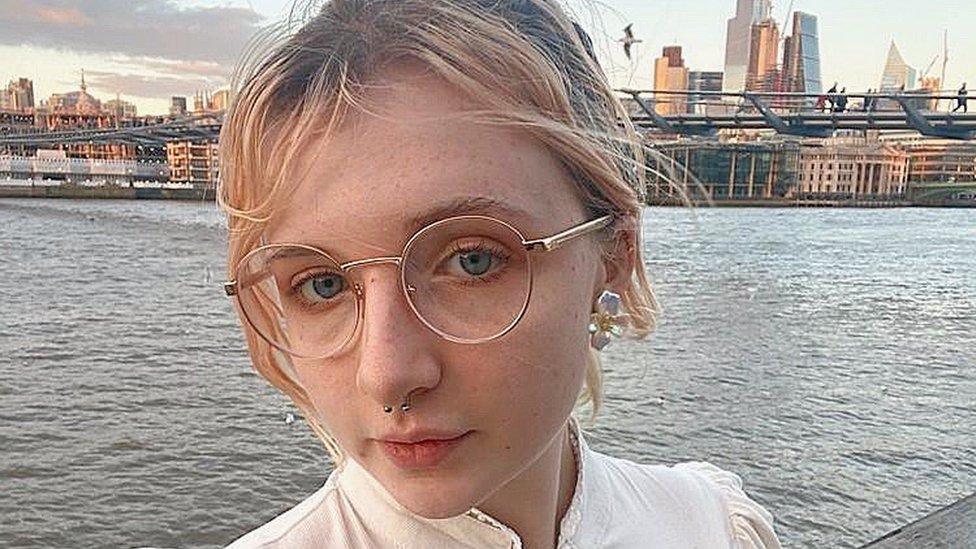
Olive McGuckian was diagnosed with autism when she was 16
A young woman has said her autism was not spotted until she was a teenager because of how differently it can present in girls and boys.
Olive McGuckian told the BBC she wanted wider society to understand girls are more likely to mask their symptoms.
The 18-year-old, from Maidenhead in Berkshire, said she was considered "a misbehaving little girl" when she was in fact enduring "sensory overload".
She said her diagnosis at 16 had made "a world of difference" to her life.
Miss McGuckian said she was diagnosed with attention deficit hyperactivity disorder (ADHD) while in primary school - but this did not explain everything she was experiencing.
"I was having difficulties maintaining friendships, sensory issues, keeping my focus," she said.
"It was very frustrating having my needs constantly unmet.
"People were punishing me for lashing out, having tantrums - when actually I was having a sensory overload or felt down."

Main signs of autism
Finding it hard to understand what others are thinking or feeling
Getting very anxious about social situations
Difficulty making friends
Being seeming blunt or rude without meaning to
Finding it hard to express feelings
Taking things very literally, such as not understanding sarcasm
Getting very anxious about changes to routine
Source: NHS

She said she suffered bullying at school and felt "unsupported" by mental health services.
The teenager said she believed this was because she was able to hide her condition, a trait the NHS acknowledges is more common in women and girls.
"Women are naturally a little more socially driven," said Miss McGuckian.
"Society doesn't really make as many allowances for females. You have so many more expectations as a girl from society.
"Masking is a way that people are expressing their very human desire to fit in and to socialise, and to connect - but masking itself doesn't help anyone. It causes a lot of anxiety and depression symptoms."

Miss McGuckian said signs she was autistic were missed when she was a young girl
She added that people with autism often intensely focus on specific interests, which can also lead to signs being missed.
"Women - their interests are accepted by society a bit more. Like 'this little girl loves ponies, how cute - that's a girlie thing'.
"But when you see a little boy memorising train times, schedules and stuff you think 'that's not quite right'."
She said she had "conditioned" herself to act in the way society expects, citing the example of training herself to maintain eye contact during conversations with strangers.
'Authentically autistic'
However, she insisted she was proud of being autistic and disliked it when it was referred to as a disorder.
"It's important we allow ourselves to be authentically autistic," she added.
In a statement, Berkshire Healthcare NHS Foundation Trust said: "It is well recognised that autism can present differently, particularly when girls and women mask or camouflage difference or difficulties.
"This can affect both the likelihood of being referred for an assessment and also potentially the outcome of an assessment if the differences are not well understood.
"In terms of supporting referrals for assessment, the Autism Assessment Team provide free training to schools and other settings which includes training on how autism can present in girls, and masking and camouflaging."
Listen to Miss McGuckian's full interview on BBC Sounds.

Follow BBC South on Facebook, external, Twitter, external, or Instagram, external. Send your story ideas to south.newsonline@bbc.co.uk, external.
Related topics
- Published5 August 2022
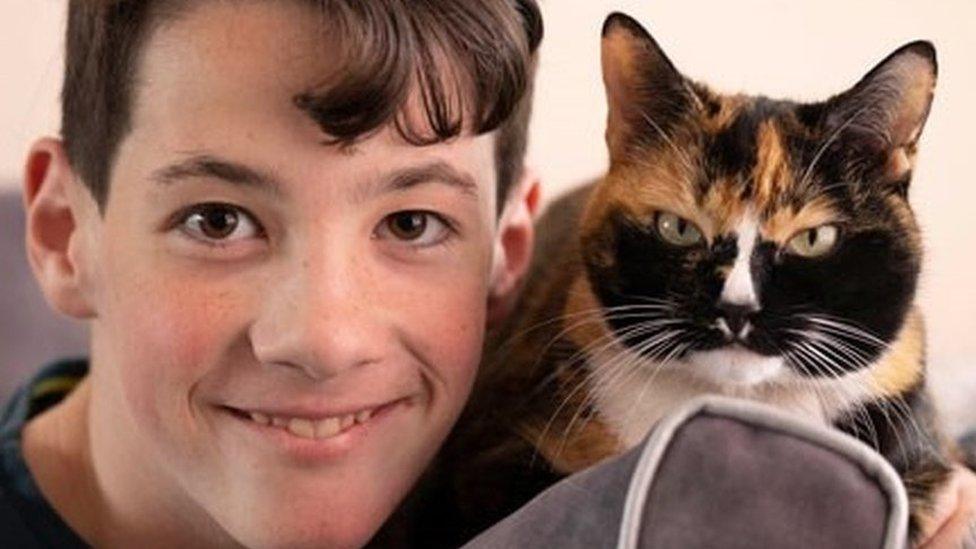
- Published27 July 2022
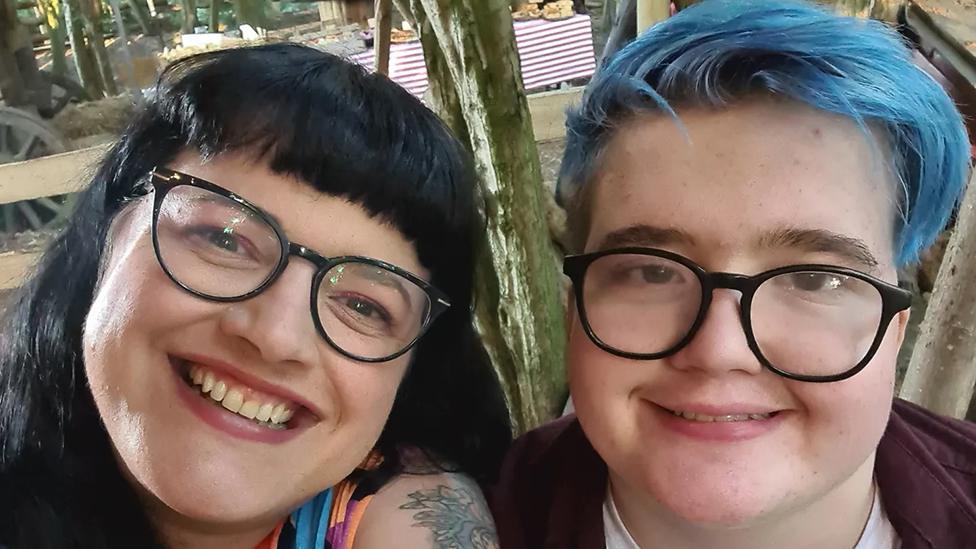
- Published1 July 2022
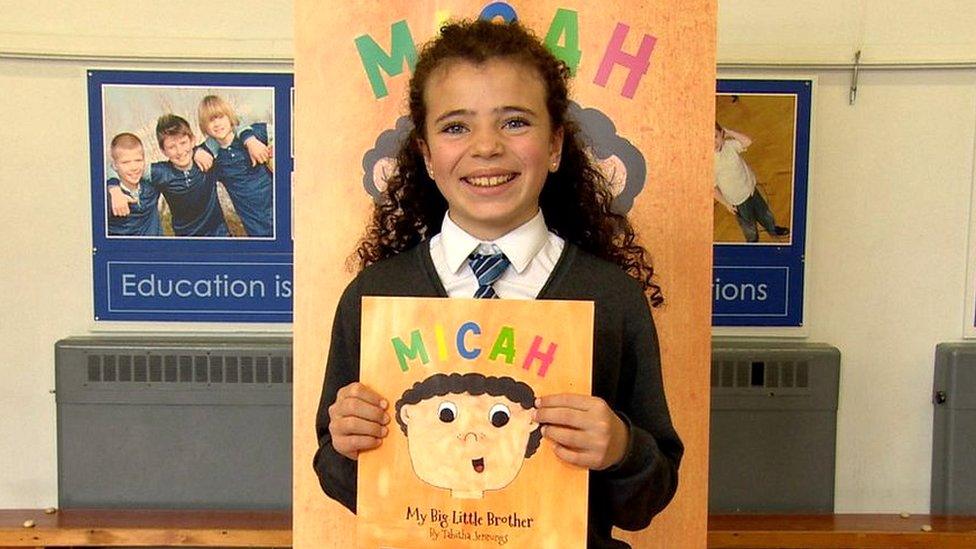
- Published30 June 2022
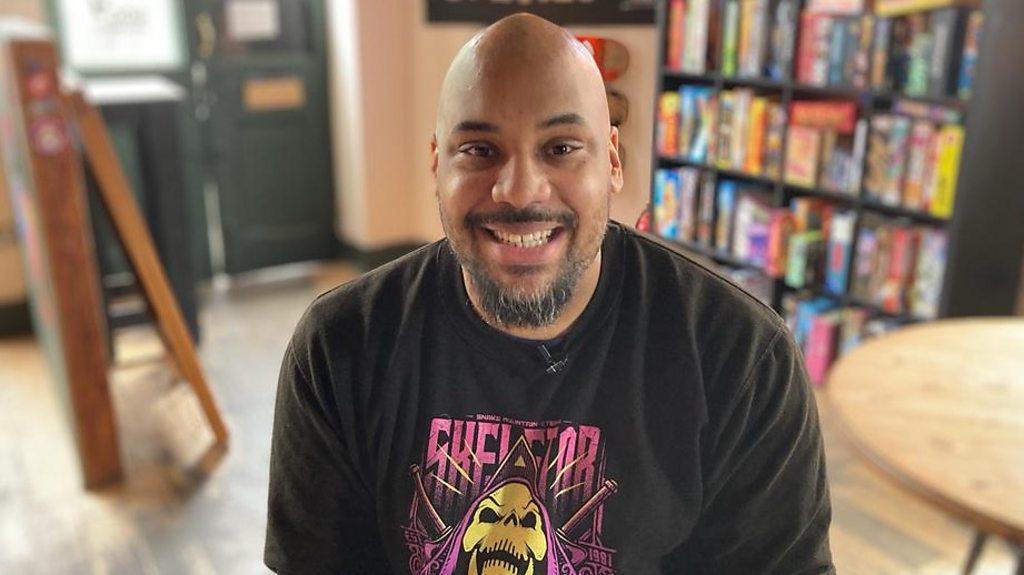
- Published13 June 2022
